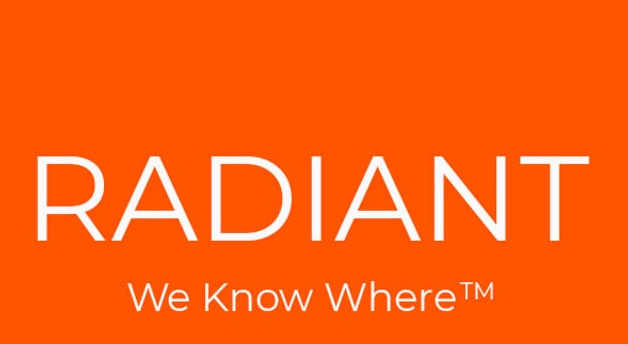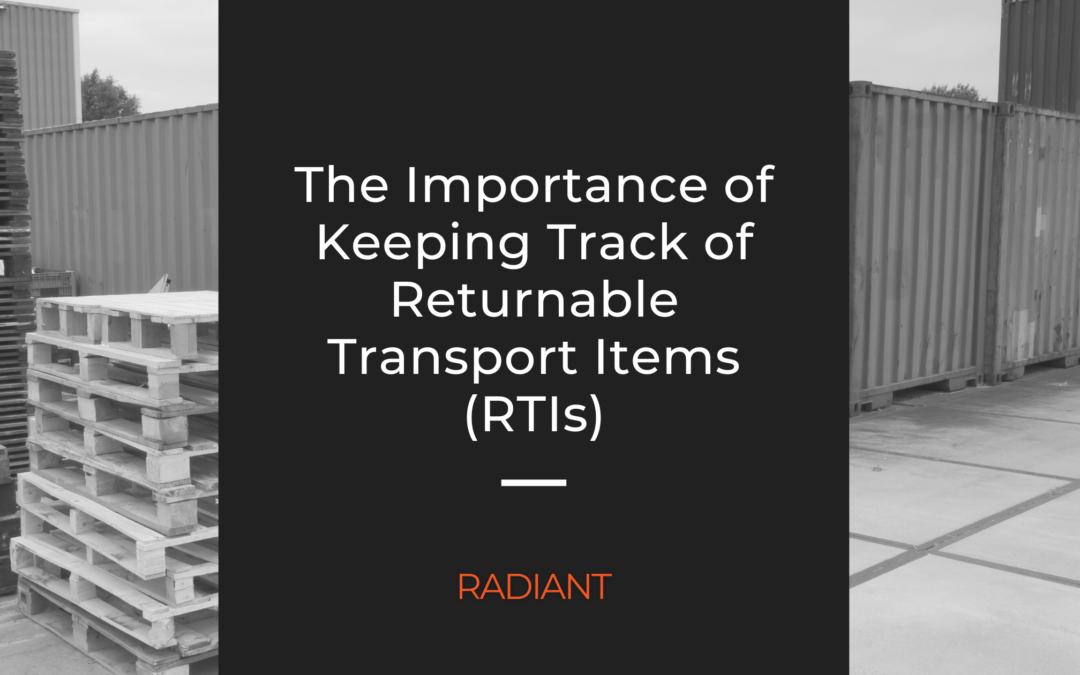In today’s business world, there is an ever-growing emphasis on sustainability and reducing waste. For companies looking to streamline their operations and reduce costs, returnable transport item (RTI) tracking can be a valuable solution.
RTI tracking solutions allow businesses to keep tabs on the whereabouts of all returnable assets in their inventory in real time so that they can be reused or recycled as efficiently as possible. By implementing a proactive RTI tracking solution, businesses can benefit from reduced waste and increased efficiency.
Read on to find out why implementing an RTI tracking solution could be one of the best decisions your business makes this year.
What are Returnable Transport Items (RTIs)?
Returnable Transport Items, or RTIs, are a type of reusable transport packaging that can be used multiple times to move goods within a supply chain. These items are designed to be returned to the point of origin or another location in the supply chain for reuse. Instead of being disposed of after a single-use, RTIs are reused over and over again, reducing the need for new resources and helping to reduce environmental impact.
Why RTIs are Environmentally Friendly
For this reason, returnable transport items are an increasingly important part of sustainable supply chain management, as they help to move us closer to a circular economy, where resources are reused and recycled instead of being discarded as waste. When properly managed, RTIs can help businesses reduce their carbon footprint and operate more efficiently.
There are many different types of RTIs, including pallets, crates, containers, totes, and racks. In order for an item to be classified as an RTI, it must meet certain criteria, such as being able to withstand multiple uses without degradation. While RTIs are more expensive than disposable packaging, the long-term savings and environmental benefits offered by these reusable assets them a wise investment for businesses that ship products regularly.
Why is Proactive RTI Tracking Important?
Although RTIs may be quite beneficial in terms of transportation cost and environmental effect, they can also have a detrimental impact on supply chain efficiency if not carefully managed.
For example, if an RTI is not returned to its original location in a timely manner, it can cause delays in the transportation of goods. In some cases, an RTI may even be misplaced or lost, which can lead to additional costs for the business.
This is where proactive RTI tracking comes in. By tracking the whereabouts of all returnable assets in the supply chain, businesses can ensure that they are returned to the correct location in a timely manner. This helps to avoid delays and disruptions in the transportation of goods, as well as reducing the likelihood of lost or misplaced RTIs.
In addition to improving transportation efficiency, proactive RTI tracking can also help businesses save money on shipping costs. By knowing the location of all returnable assets, businesses can optimize their shipping routes to pick up multiple items at once, rather than making multiple trips. This can lead to significant savings on transportation costs over time.
Finally, proactive RTI tracking can help businesses to reduce their environmental impact by ensuring that returnable assets are reused as often as possible. By keeping track of all returnable asset locations in the supply chain, businesses can make sure that they are being used to their fullest potential before being disposed of and ensure an optimal return on investment. This helps to reduce waste and minimize the environmental impact of transportation.
Tracking Solutions for Returnable Transport Items (RTI)
When it comes to managing returnable transport items, RTI tracking solutions play a vital role.
RTIs are often used in industries such as automotive, aerospace, and industrial manufacturing, where they are used to transport goods between different locations. In order to ensure that RTIs are properly managed and tracked, companies need to implement tracking solutions that can provide progress monitoring and visibility into the RTI lifecycle. This includes tracking the location of RTIs, as well as their status (e.g., in-transit, in-use, or available for use).
Additionally, tracking solutions can also help identify which shipping assets need to be repaired or replaced, and can even provide information on the degradation of RTIs over time. By utilizing returnable asset monitoring and tracking solutions, companies can effectively manage their RTIs and ensure that they are able to meet demand.
The Future of RTI Tracking Technology
Technology has revolutionized the way businesses keep track of their inventory, and returnable transportation items are no exception. Today, there are a variety of different tracking solutions available on the market, each with its own strengths and weaknesses.
For example, RFID technology is often used for high-value items that need to be tracked over long distances, but they are also relatively expensive. GPS tracking is another popular option, but it can be difficult to get accurate readings indoors or in remote areas.
As a result, many companies are turning to Bluetooth Low Energy (BLE) based tracking solutions. Bluetooth beacons are less expensive than RFID tags and they offer a more reliable indoor tracking solution. In addition, BLE beacons can be used to track a variety of different items, including returnable transport items (RTIs). As Bluetooth technology continues to become more ubiquitous, it is likely that BLE-based asset tracking solutions will become the standard for RTI tracking.
However, depending upon your business needs, there may be other tracking technologies that make more sense for you, so it is important to consult with a tracking expert to find the best solution for your business.
Looking for a Tracking Solution for your Returnable Transport Items?
If you’re looking for an asset tracking solution for your returnable transport items, Radiant can help. We offer a variety of different tracking technologies and devices that are designed specifically for RTI tracking. Contact us today to learn more about our products and how we can help you keep track of your RTIs.
Last Updated on January 26, 2023 by Radiant

